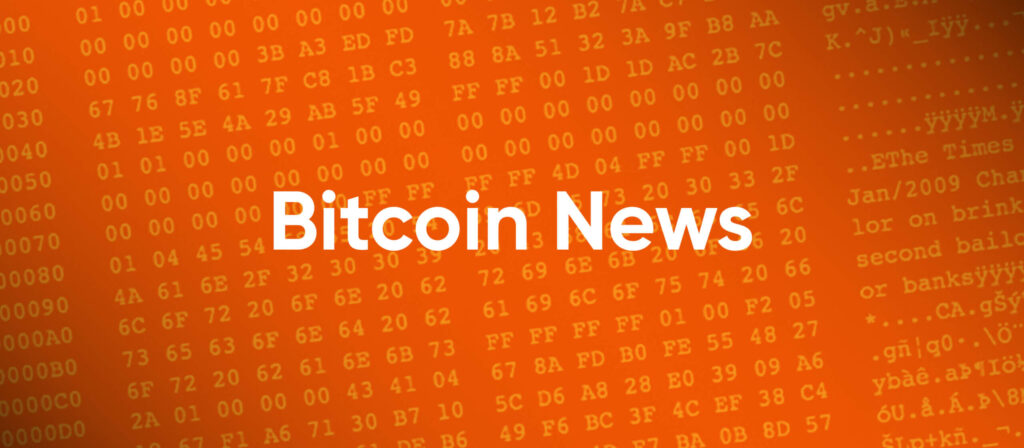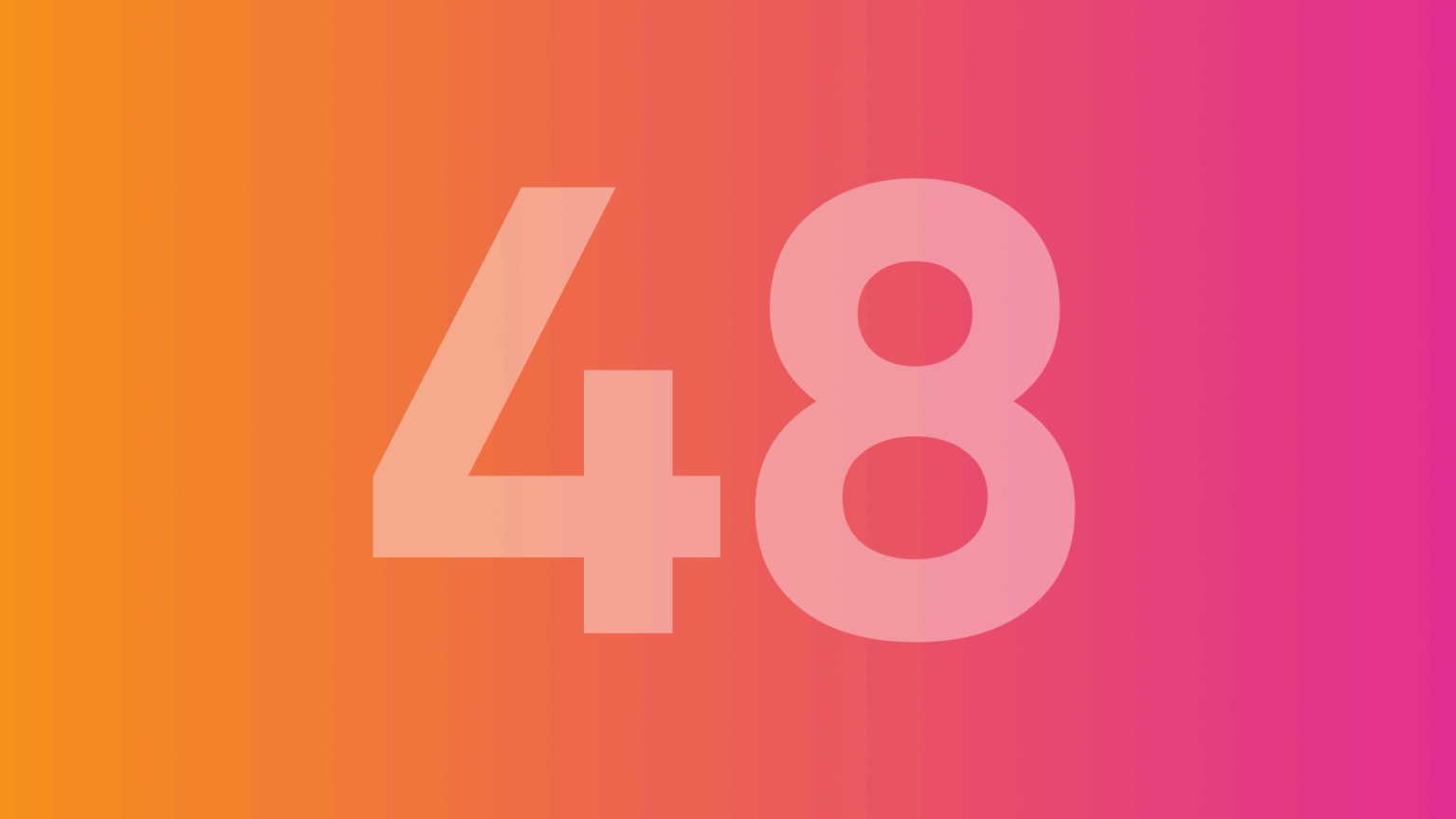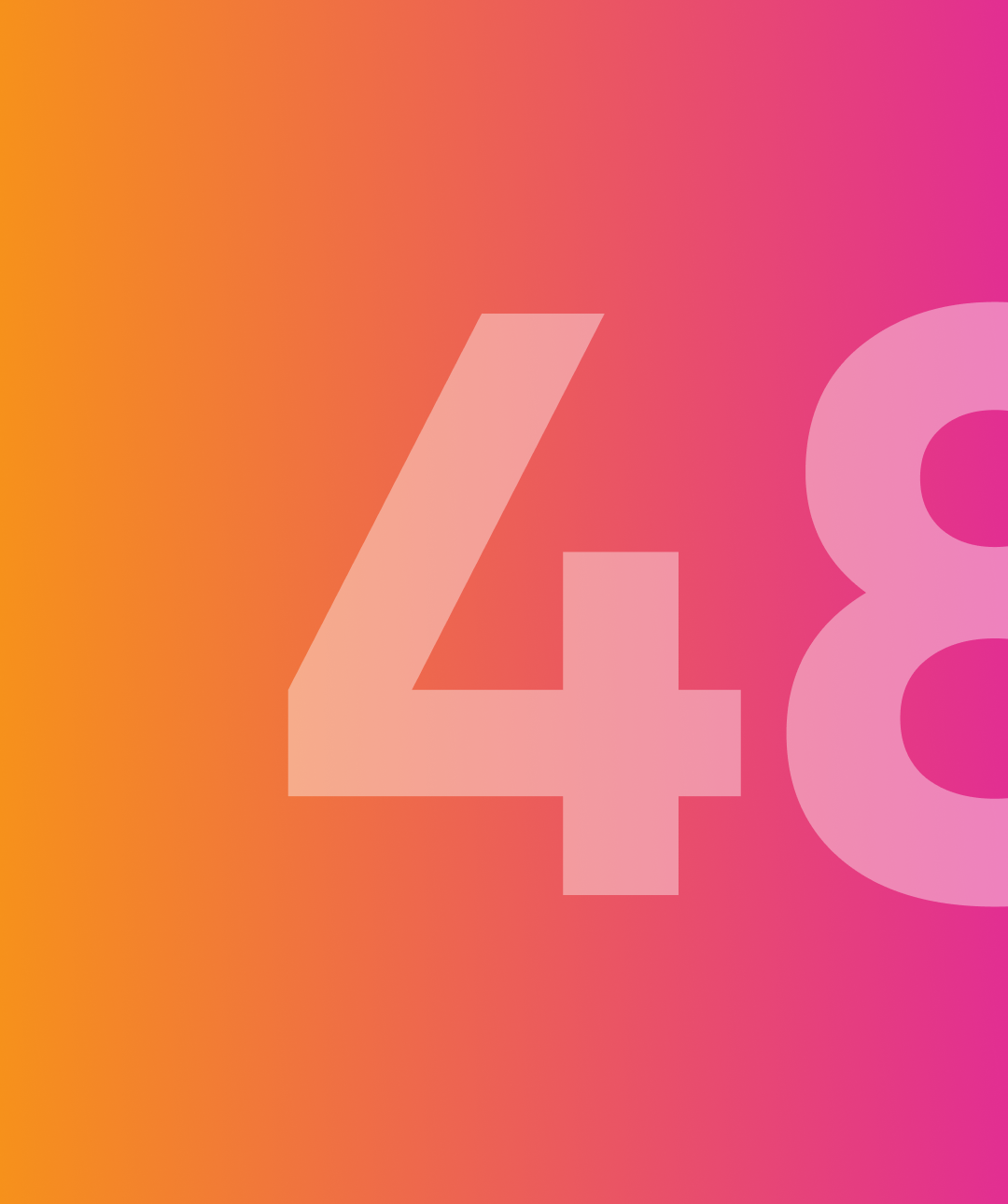The Financial Freedom Report is a newsletter focusing on how currency plays a key role in the civil liberties and human rights struggles of those living under authoritarian regimes. We also spotlight new tools and applications that can help individuals protect their financial freedom.
Good morning, readers!
Indian regulators are contemplating a ban on digital assets like Bitcoin to position their central bank digital currency (CBDC), the Digital Rupee, as the country’s dominant option. They argue the Digital Rupee can provide similar functionality with “fewer risks.” However, they fail to acknowledge the threats CBDC pose to civil society and individual liberties, especially in the hands of an increasingly authoritarian government.
Meanwhile, Russia’s state-owned banks began offering subsidized mortgages to Russian citizens willing to relocate to occupied Ukrainian territories like Luhansk and Donetsk. This policy is a blatant use of financial incentives to populate these territories, shift demographics in their favor, and cement control over land that legally belongs to Ukraine.
In open-source software news, Lightspark, a Lightning Network development company, announced Spark, a new layer-two protocol for Bitcoin that makes transactions faster and cheaper. The protocol will also support stablecoins and offline payments. Meanwhile, in Kenya, a new model emerged demonstrating how Africa’s Savings and Credit Cooperative Organizations (SACCOs) can benefit by integrating Bitcoin. Specifically, by adopting fedimint — a community-based protocol for Bitcoin transactions and custody that mirrors the cooperative structure of SACCOs.
We end with a tutorial for our Spanish-speaking readers from Bitcoin educator Ben Perrin, who details how to set up and use Alby Hub, a dedicated Lightning Network node software that works particularly well with Nostr and its “zap” feature. We encourage those interested in financial autonomy with a great UX to watch this informative tutorial.
Now, let’s dive right in!

India | Regulators Mull Bitcoin Ban While Pushing CBDC
India’s regulators are inching closer to banning Bitcoin as they push forward with their central bank a digital currency (CBDC), the Digital Rupee. Officials argue that the Digital Rupee can perform the same functions as Bitcoin and other digital assets but with “fewer risks” to citizens. India’s government is now in consultation with financial bodies and has hinted that a formal policy paper is forthcoming, likely cementing the Digital Rupee as the nation’s sole digital currency. The move toward permissioned rather than permissionless money raises concerns for citizens’ financial freedom. While Bitcoin is open and censorship-resistant, the Digital Rupee would place control and visibility over all transactions under the purview of government authority, allowing real-time tracking and restrictions on individual financial activity.
Russia | State Banks Begin Offering Mortgages in Occupied Ukraine Territory
In a calculated attempt to cement power over Ukraine, Russia’s state-owned VTB Bank launched a preferential mortgage program in Luhansk and Donetsk to attract Russian citizens into relocating to these Ukrainian regions. VTB is offering low-interest mortgages (2%) with modest down payments to entice new buyers. This policy makes homeownership more attainable in Ukraine than in Russia itself (where mortgage rates reach 22%) — a clear attempt by the regime to use financial incentives to shift local demographics and reinforce its control over Ukrainian land. Russian President Vladimir Putin will not stop there, either. Preferential mortgages will soon be offered in the occupied territories of Kherson and Zaporizhzhia “once housing construction begins there.” By providing favorable loans in occupied Ukrainian territories, Russia exploits financial control to legitimize and reinforce its hold on land that legally remains a part of Ukraine.
Turkey | New Foreign Agents Law Threatens Civil Society
Turkey’s lower level of parliament approved a draft “foreign agents” law that poses serious risks to civil society by expanding state control over NGOs, activists, and journalists. The law would allow Turkish officials to label organizations and individuals as “foreign agents” if their work is deemed contrary to “state interests.” This broad and ambiguous term grants sweeping powers to target those critical of the government. One does not need to look further than authoritarian regimes like Russia, which enacted similar foreign agent laws in the past, to understand the repercussions of the law. Under the purview of this legislation, human rights groups and other organizations receiving international funding or engaging in activism would face heightened risks of surveillance, prosecution, and closure, leaving independent media, dissent, and activism severely curbed.
BIS | Departs CBDC Project “mBridge”
The Bank of International Settlements (BIS) has stepped away from Project mBridge, a global central bank digital currency (CBDC) platform between the central banks of China, Saudi Arabia, the United Arab Emirates, Hong Kong, and Thailand. Project mBridge aims to improve cross-border transactions using CBDCs backed by national banks. BIS’s departure from the project comes amid rising concerns that the countries running it could abuse the platform. Considering the involvement of authoritarian regimes, it is questionable why the BIS was involved in the first place, given the growing recognition of the threats CBDCs pose to financial freedom and democracy. With the departure of the BIS, mBridge remains in the hands of China, which will lead the project’s technological development.
Nigeria | Citizens Turn to Bitcoin as Naira Loses Footing
Nigeria’s naira currency has lost 43% of its value against the dollar this year alone, driving more Nigerians toward alternatives like Bitcoin and stablecoins, which are proving a practical solution to sidestep naira volatility and access US dollars. Despite reforms hailed by President Bola Tinubu, including letting the market set the naira’s exchange rate, the currency continues to plummet while access to dollars dwindles. To entice foreign currency back into the Nigerian economy, Tinubu is now offering a nine-month grace period for citizens holding dollars outside the country to bring them back into Nigeria without legal repercussions or financial penalties. Bitcoin adoption continues to grow in this country and the surrounding region. HRF is proud to support “BitDevs” events in cities like Abuja, which help people come together to discuss technical Bitcoin topics and learn how they can contribute to the software project.
Bangladesh | Sheikh Hasina Regime Siphoned Billions from Nation’s Banks
Bangladesh’s new central bank governor, Ahsan Mansur, is accusing business tycoons linked to former Prime Minister Sheikh Hasina’s government of conspiring with the country’s military intelligence agency to siphon $17 billion from the nation’s banks. According to Mansur, officials facilitated forced takeovers of major banks in Bangladesh and thereafter granted themselves massive loans and inflated import invoices. “This is the biggest, highest robbing of banks by any international standards,” Mansur said. Hasina, who served as prime minister for two decades, fled to India in August following a public revolt, leaving the country under the interim leadership of Muhammad Yunus. This debacle offers a sobering view of how corrupt regimes exploit the fiat system to steal billions.

Lightspark | Announces New Layer Two Protocol for Bitcoin
Lightspark, a company building on the Bitcoin Lightning Network, announced Spark, a new payment protocol built on Bitcoin to make transactions faster, cheaper, and more practical. Spark leverages a technology called statechains to enable self-custodial and off-chain Bitcoin transactions for users by transferring the private keys associated with their bitcoin rather than signing and sending a transaction with said keys. Spark also supports stablecoins (digital tokens pegged to fiat currency) and allows users to receive payments while offline. While these are promising developments, in its current state, Spark is not completely trustless; therefore, it is advisable only to hold a small balance of funds on the protocol as this new payment technology gets off the ground. You can learn more about Spark here.
Bitsacco | Bitcoin-Powered Cooperative for African Communities
Bitsacco is a new model that reimagines how Savings and Credit Cooperative Organizations (SACCOs) in Africa can operate by integrating Bitcoin Fedimints to enhance community control and financial independence. SACCOs are community-owned financial organizations in Africa that pool savings and distribute loans to their members, prioritizing trust, collective governance, and financial inclusion. Fedimints, a protocol for Bitcoin transactions and custody in a communal context, mirrors the SACCO model in many ways. Bitsacco envisions how SACCOs can leverage Fedimint technology to strengthen members’ control over their funds and reduce reliance on traditional banking. While currently in the pilot phase in Kenya, Bitsacco could set a new open and sovereign standard for SACCOs while still providing financial services and safeguarding members’ funds in a familiar system. Learn more about Bitsacco here.
BTCPay Server | New Release Includes Simplified Translating and Onboarding
BTCPay Server, a non-custodial, open-source Bitcoin payment processor supported in part by HRF, released version 2.0, making it easier for businesses worldwide to accept Bitcoin payments. The update brings a localized interface, making translating BTCPay Server an easy task — a beneficial feature for its global user base. It also introduces simplified sidebar navigation with an improved onboarding experience for faster setup — especially for in-person Point-of-Sale (POS) applications. Users can also integrate BTCPay into a number of e-commerce sites, such as Wix, Odoo, and BigCommerce, and customize their payment pages to reflect their brand. HRF is happy to see BTCPay Server make accepting Bitcoin payments in a sovereign way easier for users worldwide.
Haven | New Private Nostr Relay
Haven, a private relay for the decentralized Nostr protocol, released v1.0.0, bringing a full suite of privacy features to secure personal and sensitive information. The relay is a private server for users to safely back up and store private messages, posts, drafts, and sensitive notes such as ecash on the Nostr protocol. Haven also includes support for Blossom, a server for hosting images and videos on Nostr, as well as a web-of-trust filter to prevent inbox spam. By offering greater control over stored data, Haven gives Nostr users more privacy and security over their messages, media, and notes, which is critical for those living under online censorship and authoritarian regimes.
OpenSats | Announces Eighth Wave of Bitcoin Grants
OpenSats, a public nonprofit funding free and open-source software and projects, announced its eighth wave of grants in the Bitcoin ecosystem. Among these is Cashu Nutshell, a wallet for Cashu, which is an open-source Chaumian ecash system that enhances transactional privacy by hiding users’ identity, balance, and payment history. OpenSats also announced a grant for Citadel-tech, an atomic swap protocol for Bitcoin that hopes to advance protocol-level privacy in the Bitcoin ecosystem. HRF is thrilled to see more privacy-focused projects receive much-needed funding and attention.
Localhost Research | New FOSS Research Center
Localhost Research is a newly launched research center dedicated to supporting free and open-source software (FOSS) development within the Bitcoin ecosystem. With a strong emphasis on community funding, they aim to offer full-time positions, benefits, and an in-person workspace for developers focused on Bitcoin Core contributions in the Bay Area. The program will begin by hosting developers Ava Chow and Murch and the broader work will have a particular focus on improved wallet functionality and network privacy. Initiatives like this are critical for preserving Bitcoin’s structure as a decentralized, open, and censorship-resistant tool for those living under repressive regimes. You can learn more about it here.
RECOMMENDED CONTENT
Alby Hub Tutorial in Spanish by BTC Sessions
Bitcoin educator Ben Perrin (BTC Sessions) released a new Spanish-language tutorial demonstrating how to set up and run a Bitcoin Lightning node with Alby Hub. Alby Hub is self-managed software that allows you to interact with the Lightning Network and perform Bitcoin Lightning transactions in a sovereign way. For example, users can set up the Hub, have full control over their Lightning funds, and use the platform’s “Nostr Wallet Connect” feature to seamlessly zap other Nostr users. Perrin covers the full setup, from linking your Alby Hub node to mobile wallets and browser plugins to using your Alby account as a secure login for Nostr using Lightning keys. This resource is valuable for Spanish speakers interested in financial sovereignty and taking full advantage of Bitcoin’s capabilities. You can watch the full tutorial here.
How to Defend Democracy — and Fight Autocracy with Leopoldo López
In this TED talk, Venezuelan activist and opposition leader Leopoldo López makes an urgent appeal to protect democracy globally, noting that 72% of the world’s population lives under some form of autocratic rule. During the talk, he also shares his personal journey of being imprisoned and exiled by Venezuela’s government and the challenges he faced as a leader of the Venezuelan resistance. Lopez advocates for a united global front to promote democracy and stand against authoritarianism and also mentions financial freedom as a key component of this struggle. You can watch the full talk here.
– If this email was forwarded to you and you enjoyed reading it, please consider subscribing to the Financial Freedom Report here.
– Support the newsletter by donating bitcoin to HRF’s Financial Freedom program via BTCPay.
– Want to contribute to the newsletter? Submit tips, stories, news, and ideas by emailing [email protected]
– The Bitcoin Development Fund (BDF) is accepting grant proposals on an ongoing basis. The Bitcoin Development Fund is looking to support Bitcoin developers, community builders, and educators. Submit proposals here.







